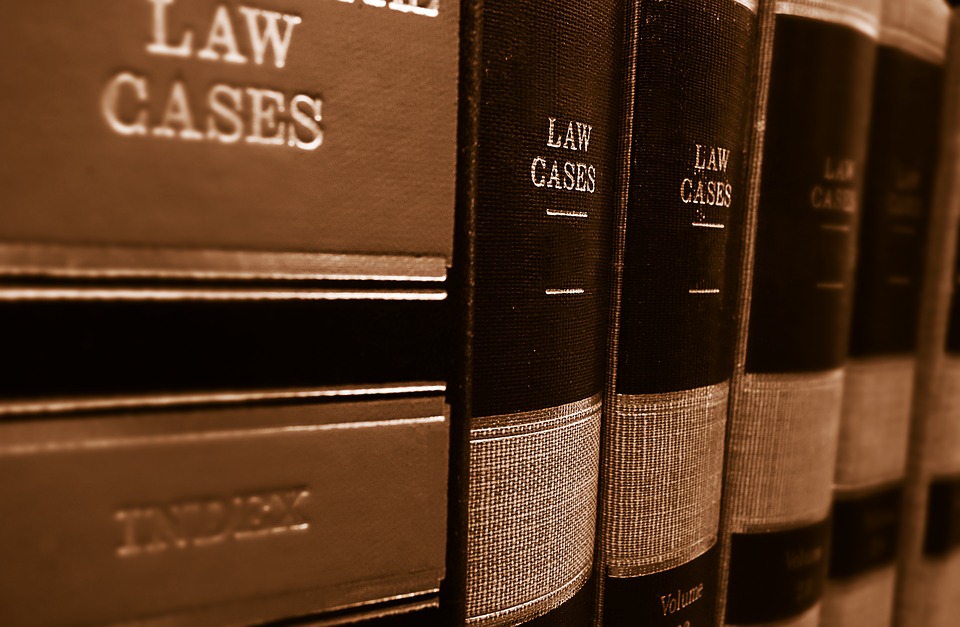The organizers of blockchain startup Tezos, which this summer raised over $230 million in one of the largest-ever initial coin offerings (ICOs), have been hit with a class action lawsuit alleging the ICO violated U.S. securities laws and defrauded investors. The lawsuit, filed Oct. 25 in California state court, comes amid growing concerns from regulators about digital coin offerings.
Background
Founded by husband-and-wife Arthur and Kathleen Breitman, Tezos was pitched as a new, decentralized blockchain that “governs itself by establishing a true digital commonwealth.”
ICOs have become an increasingly popular way for businesses to raise money, in which participants send Bitcoin or other digital currency in exchange for digital tokens. Tezos’ offering followed a similar format; participants handed over Bitcoin and Ethereum in the hopes of receiving tokens, called Tezzies, that could be used once the blockchain network was launched.
Tezos sold millions of tokens with its July offering and raised approximately $232 million.
Lawsuit
The plaintiff is a man named Andrew Baker, a San Diego resident who sent one Bitcoin, then worth about $2,800, in exchange for 5,000 Tezzies. He alleges the value of futures for Tezzies tumbled after infighting at the top of the company went public, losing nearly 50 percent of their value.
The dispute involves the Breitmans and Johann Gevers, the president of Tezos Foundation – a Swiss foundation was established to handle the ICO and develop the Tezos computer network. Reuters reported last month about a drawn-out feud over who controls the resources tied to Tezos.
Gevers, the Tezos Foundation and the Breitmans are among the defendants named in the lawsuit.
Baker, according the lawsuit, decided that buying Tezzies was a worthwhile investment based in large part on repeated representations that the Tezos network would be operation by December 2017 at the latest. In a recent blog post, Arthur and Kathleen Breitman said the current best estimate for launching the main network is now February 2018, “though the firm date remains ‘when it’s ready.’”
The complaint alleges the defendants are liable for the unregistered sale of securities, fraud and false advertising, among other things. It cited a report from the U.S. Securities and Exchange Commission finding that tokens offered in ICOs can be securities under the Securities Act, requiring registration. It was estimated the potential class could include as many as 30,000 people who bought Tezzies.
This is unlikely to be the last lawsuit over the Tezos ICO. Others have said they are also investigating the offering and preparing for possible litigation.
Conclusion
A big disappointment in the complaint is a total lack of analysis on whether or not the Tezzies are securities or just utility tokens. Pursuant to the “Howey Test” set forth in the Supreme Court’s 1946 decision in SEC v. W.J. Howey Co., a token like Tezzies is an investment contract and thus a security if it is a “contract, transaction or scheme whereby a person invests his money in a common enterprise and is led to expect profits solely from the efforts of the promoter or a third party.” Under this test, the Tezzies could arguably be securities because, though the Tezzies will have functionality once the network is launched, before the launch the real risk/reward derives from the founders’ ability to execute and launch the network. If the network never launches, the Tezzies will never have functionality/value. If the network was fully launched before the tokens were actually sold, then they’d have a much better argument that they are mere utility tokens and the desire to have access to the functionalities represented by the tokens on the network, rather than a desire to profit from the efforts of others in launching the network, is the main motivation in purchasing tokens; so, the tokens would not be securities because they fail 2 prongs of the Howey Test. I’ll continue to follow this case and post an update when we get a court’s analysis on whether or not the Tezzies are securities.





